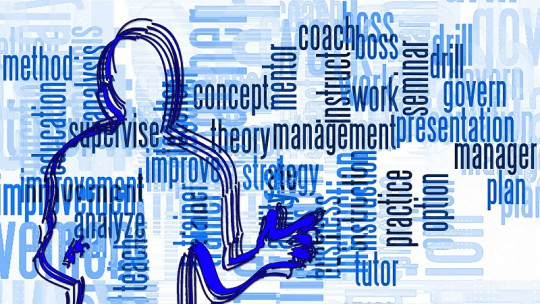
There is more and more talk about the importance of promoting what is known as Emotional Intelligence in all individuals. An intelligence that, as its name indicates, is focused on emotions, and that can be developed by human beings like other intelligences whose learning is encouraged from childhood in the educational centers themselves, such as linguistic-verbal or logical intelligence. -math.
Although everyone should work on this intelligence, a professional coach must have it especially developed because in a coaching process the emotional sphere is key both for him to be able to efficiently carry out his work and to help his client achieve their objectives.
What is emotional intelligence?
Before determining the exact reasons why Emotional Intelligence must be well developed in a professional coach, it is important to understand well what this type of intelligence is or what it consists of.
Emotional Intelligence, broadly speaking, would be the individual’s ability to recognize, understand and manage their emotions, and those of others, effectively
That is to say, developing this intelligence implies first, knowing what emotions are, but also, understanding why they arise, detecting how they do it and what to do when they appear so as not to let oneself be ‘kidnapped’ by them, but rather to capture their message to use it in our benefit.
But in addition to this more intrapersonal part, developing Emotional Intelligence also means working on the ability to understand the emotions of others, developing empathy and the famous ‘knowing how to put yourself in someone else’s shoes’.
Why Emotional Intelligence is important in a Coaching process
By understanding what it means for an individual to have developed Emotional Intelligence, it is easier to understand why it is vital for a person who is dedicated to coaching to have it especially worked on.
On the one hand, In a coaching process it is key that the coach has emotional self-awareness and good self-regulation The coaching professional is faced with a person who will be inundated with different emotional states, being key not only for the coach to know how to recognize them, but also to be able to separate them from his or her own to maintain his or her skills of objectivity and active listening, and all of this. without losing the ability to be empathetic with the client in front of you.
On the other hand, as a coach, you must help the coachee to be aware of their emotions, that is, your knowledge in Emotional Intelligence must allow you to be a ‘master’ of that type of intelligence: make the client learn to develop theirs as well. And this is because surely the management of the client’s emotions is closely related to the results and objectives that he wants to achieve. That is, his emotional management will have a direct impact on the result of the process.
For example, if a client comes to coaching with the objective of getting a job change, it is so important that the coach helps the coachee to draw up the plan to determine the steps and actions to achieve another job, such as working with the client on limits that can hinder these steps and that on many occasions will be given by the management of emotions such as frustration or discouragement.
We could say, therefore, that a coach, like other professionals dedicated to human help and accompaniment, have an arduous double task in emotional management and regulation: In addition to paying attention to their emotions triggered by this accompaniment, they must support the client so that they know how to pay attention and understand theirs.
Be a professional in coaching and emotions
At D’Arte Human Business School we are aware not only of the importance that people who train as coaches know all the tools and methodology to be able to carry out ethical and truly professional coaching processes, but also of how they should be trained in Intelligence. Emotional to make your help more effective and successful.
For this reason, our Master in Professional Coaching, in addition to teaching the Coach profession, contains various modules dedicated to extensive and complete training in Emotional Intelligence, which, together with the fact that it also includes the NLP Practitioner within its program, makes it one of the most complete Master’s in Coaching on the market today.








